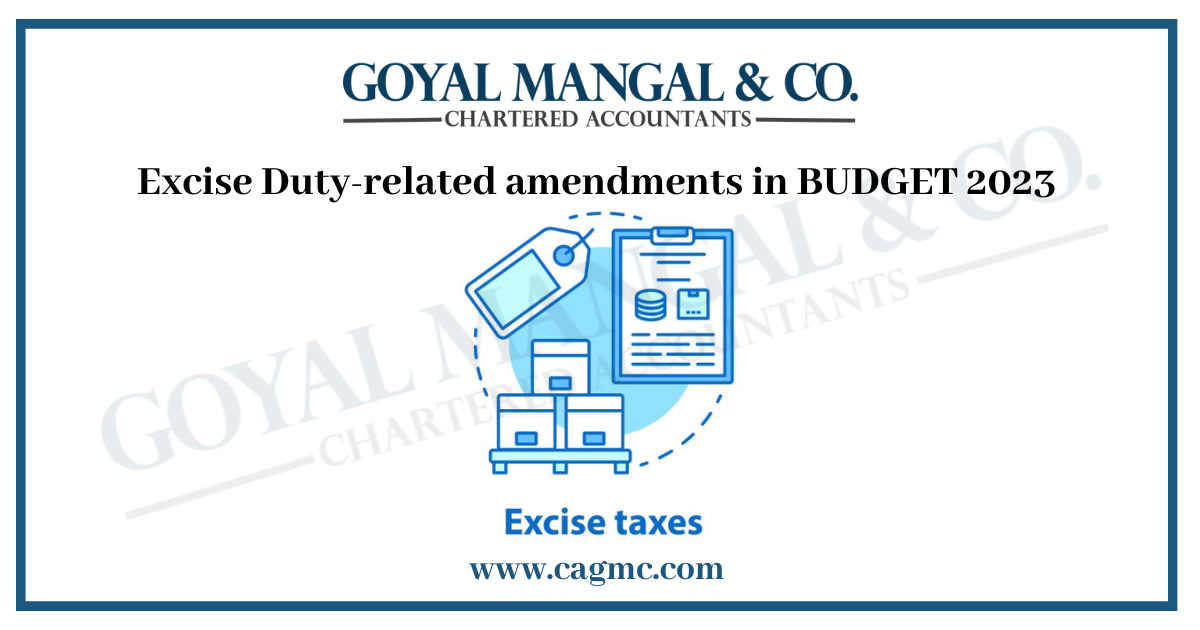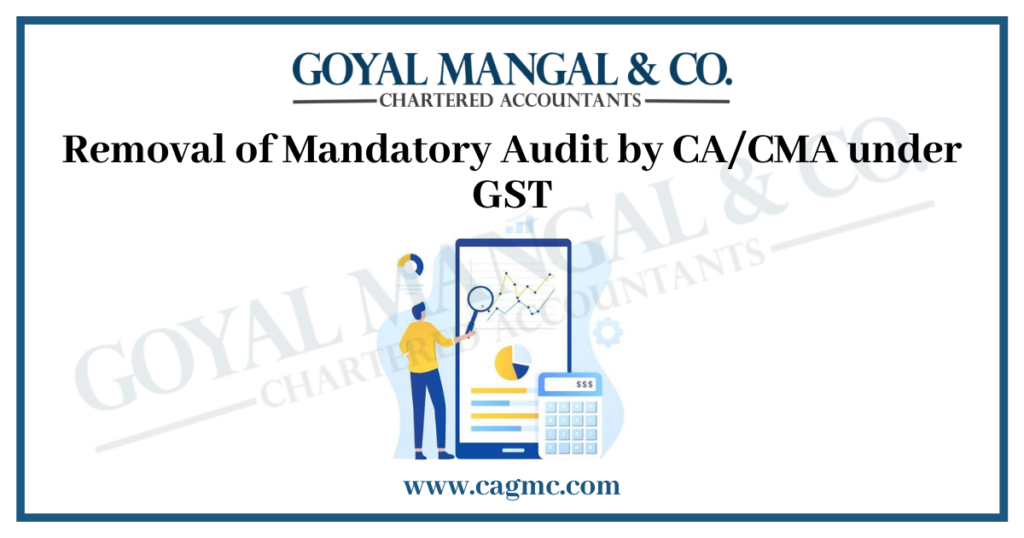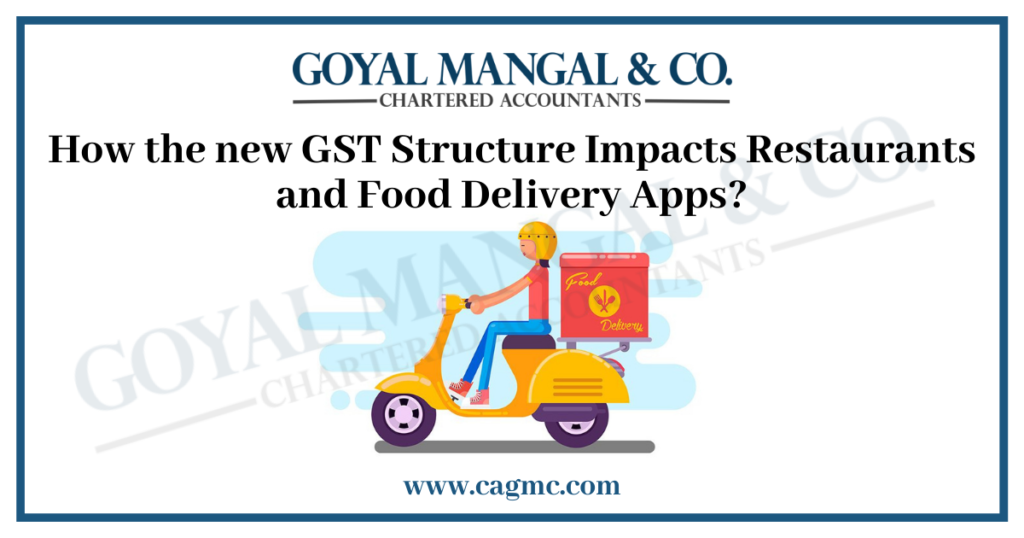
The Union Budget 2023, presented by the Finance Minister, has introduced several amendments related to excise duty. These amendments are expected to have a significant impact on various sectors of the economy, including automobile, tobacco, and petroleum. In this article, we will analyze the Excise Duty-related amendments in BUDGET 2023 and their potential implications.
Meaning of Excise Duty
Excise duty is a type of indirect tax that is imposed on goods produced and consumed within the country. It is a tax that is levied on the manufacturer or producer of goods. The producer or manufacturer of the goods has to pay excise duty before the goods are sold in the market. The excise duty is included in the price of the goods and is paid by the consumer when they purchase the goods.
The Central Government has been given the mandate to impose the same under Entry 84 in the Union List of the Seventh Schedule read with Article 246 of the Indian Constitution.
The legal framework for excise duty consists primarily of the following acts:
- Central Excise Act, 1944
- Central Excise Tariff Act, 1985
Classification of Excise Duty
Excise duty charged on goods may be classified into the following:
- Basic Duty: Now known as Central Value Added Tax (CENVAT), this is the excise duty imposed on “all excisable goods which are produced or manufactured in India as, and at the rates, set forth in the First Schedule to the Central Excise Tariff Act, 1985 as per Section 3(1) (a) of the Central Excise Act, 1944.
- Special Excise Duty: Section 3(1) (b) of the Central Excise Act, 1944 permits the levy of a ‘special duty of excise’, on excisable goods specified in the Second Schedule to the Central Excise Tariff Act, 1985. The rate of such excise duty has been set forth in the aforementioned Second Schedule.
- Additional Excise Duty: Section 3 of the Additional Duties of Excise (Goods of Special Importance) Act, 1957 permits the charge and collection of excise duty in respect of the goods as listed in the First Schedule of the Act. The Additional Duties of Excise (Textiles and Textile Articles) Act, 1978 also provides for similar additional duties in the case of specific goods.
When Must Excise Duty be Paid?
The taxable event in excise duty is the manufacture or production of goods, as provided in Section 3(1) (a) of the Central Excise Act, 1944. Hence, there is no requirement for the ‘actual sale’ of the goods in order to impose excise duty. Although the excise duty is applicable when the goods are manufactured, it becomes payable only upon the ‘removal’ of such goods. Rule 4 of the Central Excise (Amendment) Rules, 2002 reiterates this position. The notion of such collection at the stage of removal of the excisable goods was introduced for the sake of convenience.
- Payment of Excise Duty: Central Board of Excise and Customs (CBEC) has the responsibility to collect excise duty and from 1st October 2014, the payment of Central Excise Duty has become automated vide notification 19/2014-CE (NT) dated 11.07.2014. Therefore, taxpayers are now required to pay the applicable Central Excise Duty online through net banking. In order to comply with the same, taxpayers use CBEC’s payment gateway called the Electronic Accounting System in Excise and Service Tax (EASIEST) to pay their taxes online. Excise duty is delivered through the challan form called G.A.R.-7 Proforma for Central Excise Tax Payments.
Role of Excise Duty in the Economy
Excise duty plays a significant role in the economy of India. It is an essential source of revenue for the government of India. The revenue generated from excise duty is used by the government to fund various developmental activities and social welfare schemes. It also helps the government maintain a stable fiscal policy and ensures the economy runs smoothly.
Impact of Excise Duty on Consumers
The impact of excise duty on consumers is significant. Excise duty increases the cost of production of goods, which ultimately leads to an increase in the price of goods. This increase in price affects the purchasing power of consumers. The high prices of goods reduce the demand for the goods, which affects the profitability of the producers.
Excise Duty-related amendments in BUDGET 2023
The Union Budget 2023 has proposed several amendments related to excise duty to promote ease of doing business and create a conducive environment for businesses. The excise duty is a form of tax levied on goods manufactured within a country. These amendments are expected to have a significant impact on various sectors of the economy, including automobile, tobacco, and petroleum.
- Increase in Excise Duty on Tobacco Products: The Budget 2023 has proposed an increase in the Excise Duty on tobacco products, such as cigarettes, cigars, and chewing tobacco. The Excise Duty on cigarettes has been increased by 10%, while the Excise Duty on cigars and chewing tobacco has been increased by 20%. This move is aimed at discouraging the consumption of tobacco products and improving public health.
- Reduction in Excise Duty on Electric Vehicles: To promote the adoption of electric vehicles and reduce the dependence on fossil fuels, the Budget 2023 has proposed a reduction in the Excise Duty on electric vehicles. The Excise Duty on electric vehicles has been reduced from 12.5% to 5%. This move is expected to make electric vehicles more affordable and encourage their adoption.
- Increase in Excise Duty on Petroleum Products: The Budget 2023 has proposed an increase in the Excise Duty on petroleum products, such as petrol and diesel. The Excise Duty on petrol has been increased by Rs. 2.5 per litre, while the Excise Duty on diesel has been increased by Rs. 4 per litre. This move is aimed at generating additional revenue for the government and reducing the dependence on fossil fuels.
- Reduction in Excise Duty on Alcoholic Beverages: The Budget 2023 has proposed a reduction in the Excise Duty on alcoholic beverages, such as beer, wine, and spirits. The Excise Duty on beer and wine has been reduced by 10%, while the Excise Duty on spirits has been reduced by 5%. This move is expected to boost the revenue of the alcoholic beverage industry and encourage tourism.
You can also read our Article BUDGET 2023- Analysis of Custom Duty related amendments for more understanding on the topic.
Amendment to Seventh Schedule to the Finance Act, 2001
The Seventh Schedule to the Finance Act, 2001 is being amended w.e.f. 02.02.2023 to revise the NCCD rates on specified cigarettes under HS 2402 as detailed below
Clause 153 read with the Sixth Schedule of the Finance Bill, 2023.
| Tariff Item | Description | Unit | NCCD Rates (in Rs. per thousand) From |
NCCD Rates (in Rs. per thousand) To |
| 2402 20 10 | Other than filter cigarettes, of length not exceeding 65 millimetres | Tu | 200 | 230 |
| 2402 20 20 | Other than filter cigarettes, of length exceeding 65 millimetres but not exceeding 70 millimetres | Tu | 250 | 290 |
| 2402 20 30 | Filter cigarettes of length (including the length of the filter, the length of filter being 11 millimetres or its actual length, whichever is more) not exceeding 65 millimetres | Tu | 440 | 510 |
| 2402 20 40 | Filter cigarettes of length (including the length of the filter, the length of filter being 11 millimetres or its actual length, whichever is more) exceeding 65 millimetres but not exceeding 70 millimetres | Tu | 440 | 510 |
| 2402 20 50 | Filter cigarettes of length (including the length of the filter, the length of filter being 11 millimetres or its actual length, whichever is more) exceeding 70 millimetres but not exceeding 75 millimetres | Tu | 545 | 630 |
| 2402 20 90 | Other | Tu | 735 | 850 |
| 2402 90 10 | Cigarettes of tobacco substitutes | Tu | 600 | 690 |
- Basic Excise Duty means the excise duty set forth in the Fourth Schedule to the Central Excise Act, 1944.
- NCCD means National Calamity Contingent Duty levied under Finance Act, 2001, as a duty of excise on specified goods at rates specified in Seventh Schedule to Finance Act, 2001
- Clause Nos. in square brackets indicates the relevant clause of the Finance Bill, 2023.
- Amendments carried out through the Finance Bill, 2023 come into effect on the date of its enactment, unless otherwise specified.
Notification No. 05/2023-Central Excise, dated 01.02.2023 with effect from 2nd February, 2023
Notification No. 05/2023-Central Excise dated 01.02.2023 is being issued to exempt excise duty on blended Compressed Natural Gas (CNG) from so much of the amount as is equal to GST paid on biogas /compressed bio gas contained in such blended CNG subject to the specified conditions.
Conclusion
The excise duty-related amendments proposed in the Union Budget 2023 aim to promote ease of doing business and create a conducive environment for businesses. While the increase in excise duty on petrol and diesel may lead to inflation and impact the growth of businesses, the reduction in excise duty on electric vehicles and simplification of customs duty procedures may benefit businesses and consumers alike. It remains to be seen how these amendments will impact the economy in the long run.


